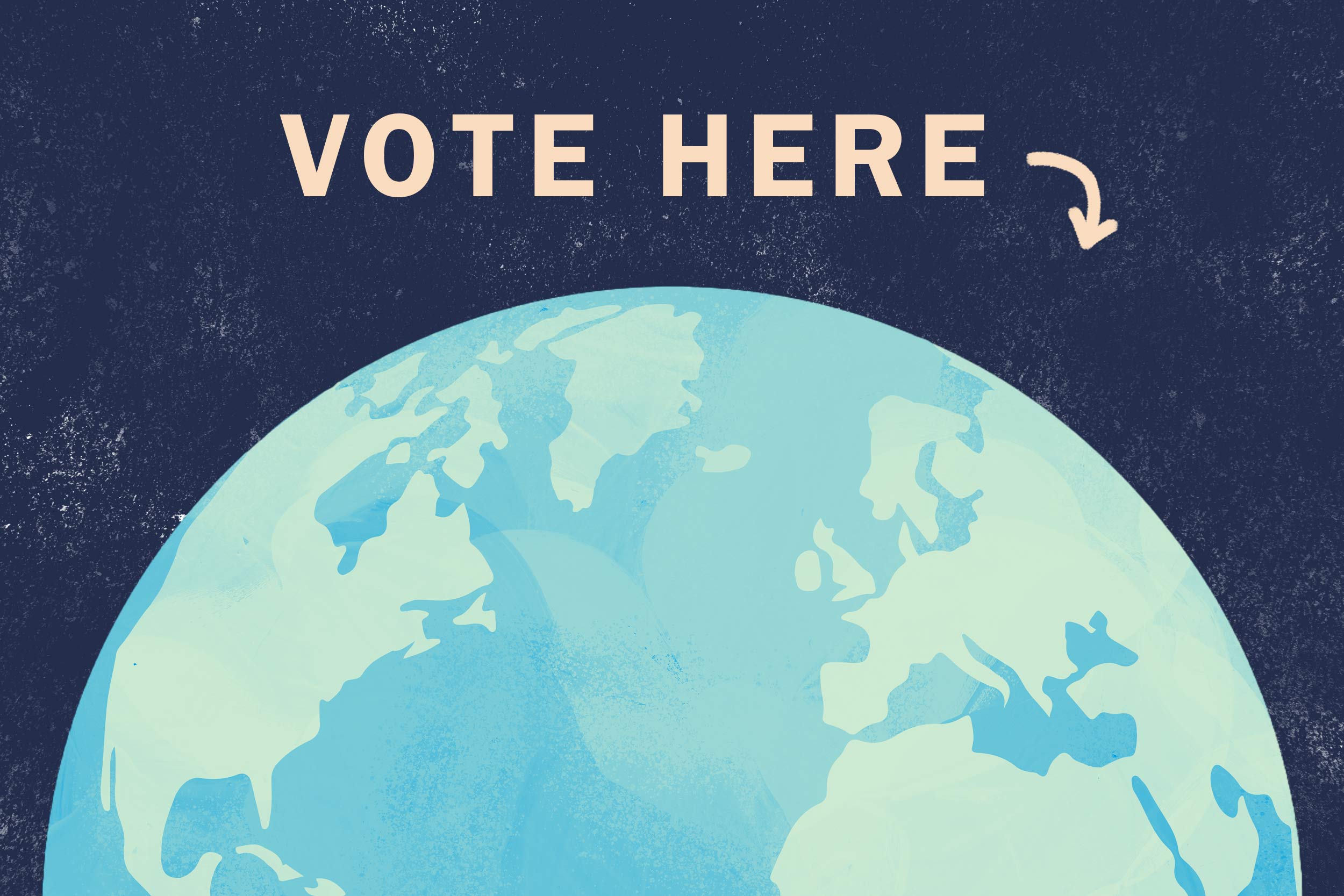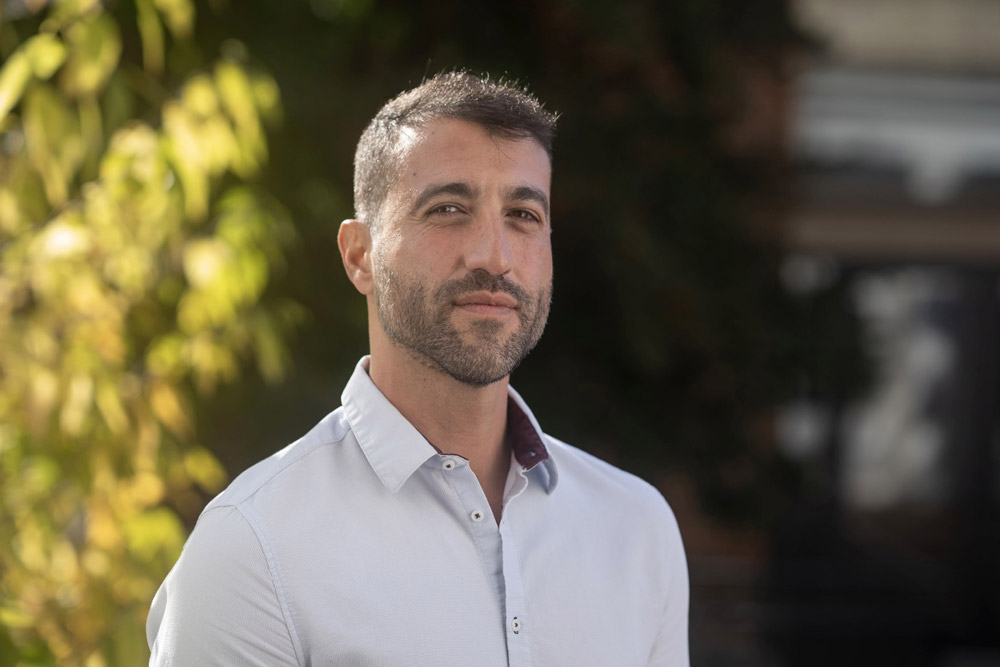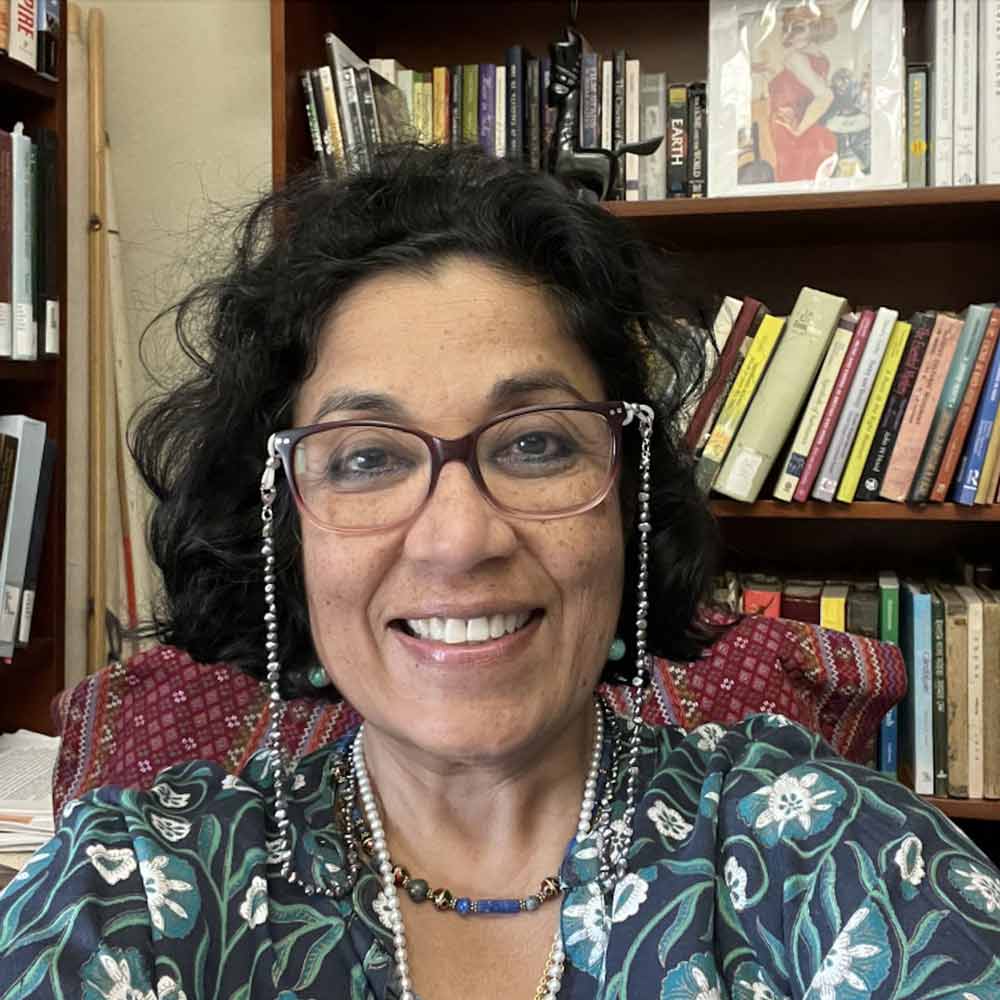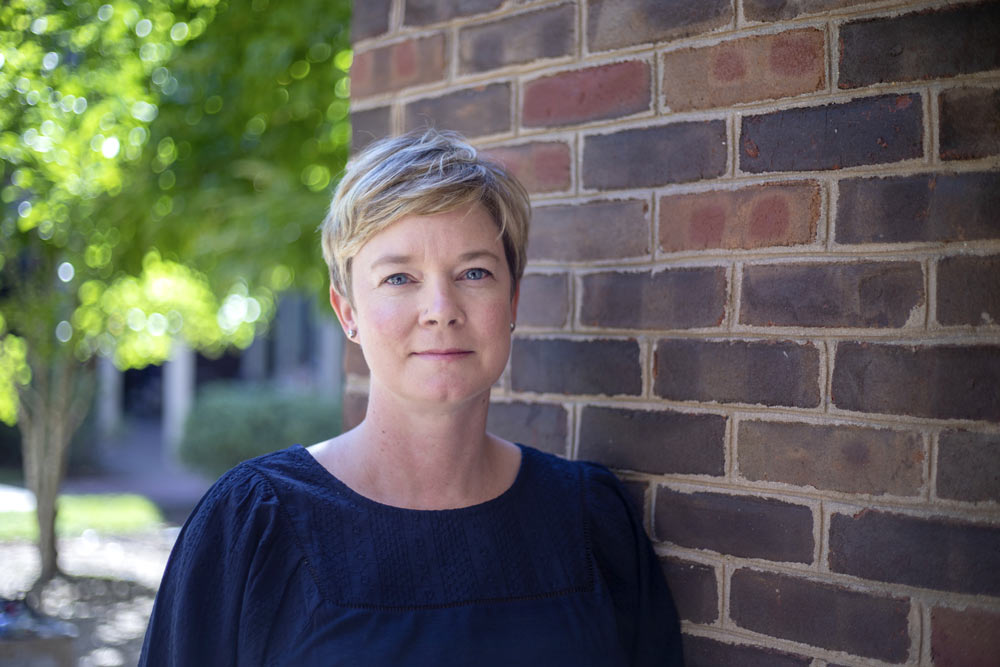We are not alone.
Nearly half the world’s population will vote in major elections this year, casting ballots in at least 70 countries for every level of government, from localities to national parliaments and presidential offices.

All over the world, people are casting ballots, voting for local, regional and national offices. Not all elections or electoral procedures are created equal, however. (Illustration by John DiJulio, University Communications)
We are not alone.
Nearly half the world’s population will vote in major elections this year, casting ballots in at least 70 countries for every level of government, from localities to national parliaments and presidential offices.
But not all elections are created equal, or fair.

Laurent Dubois, academic director of the Karsh Institute of Democracy, says a wide variety of issues face democracies around the world during this election cycle. (Contributed photo)
“There are global phenomena – including the impact of digital technology and social media, economic stresses, environmental stresses, divisions and polarization along many different lines, whether cultural or religious or political – that are affecting democracies everywhere,” Laurent Dubois, academic director of the Karsh Institute of Democracy, said.
“I think 2024 is a critical year for seeing how many of these forces influence democratic practice across different contexts,” he said.
To better understand some of the obstacles democracy is facing this year, we spoke with Karsh Institute-affiliated faculty about some key elections in other countries.
David Nemer, faculty co-lead of the Karsh Institute’s Digital Technology for Democracy Lab, said Brazilians will head to the polls in October in municipal elections, determining mayors, vice-mayors and city councilors.

David Nemer, faculty co-lead of the Karsh Institute’s Digital Technology for Democracy Lab, says Brazil’s local elections may say a lot about the strength of national parties. (Contributed photo)
In the aftermath of the 2022 national elections, where former far-right President Jair Bolsonaro was defeated by President Luiz Inacio Lula da Silva, the spotlight appears to be shifting to São Paulo. There, the Bolsonarist incumbent mayor, Ricardo Nunes, will confront the left-wing candidate Guilherme Boulos, backed by Lula.
The election may be a gauge of the enduring strength of the far-right Bolsonarism movement in Brazil. It could indicate whether the movement retains its influence or recedes to the periphery.
The country has put into place various mechanisms to safeguard the integrity of the voting process and uphold democratic principles. Accordingly, Brazil has earned global recognition for its adherence to procedures and processes that underpin free and fair elections.
Indrani Chatterjee, John L. Nau III Distinguished Professor of the History and Principles of Democracy in the Karsh Institute’s Nau Lab, said elections will be held this spring for all 543 seats of the Lok Sabha, the popular assembly in India.
In 1950, Indian politicians devised an Electoral Commission to manage elections that persuades political parties to follow a code of conduct that it issues for each election. It has also adopted technological advances such as electoral voting machines.

Indrani Chatterjee, John L. Nau III Distinguished Professor of the History and Principles of Democracy in the Karsh Institute’s Nau Lab, says India’s campaign funding laws may give the current ruling party a boost. (Contributed photo)
But since 2004, a general technological boom has been compounded by changes in electoral financing from 2014 to 2019. “Electoral bonds” were introduced by the government, led by the Bharatiya Janata Party, which favors a religious majority ideology and currently holds the largest number of seats in the Lok Sabha. These bonds allowed people and corporations to anonymously donate unlimited funds to favored political parties. Together these changes have undermined the transparency and fairness of the electoral process.
The bonds also gave a hefty advantage to the BJP’s messages that affected public attitudes and eroded the bipartisanship of police and civic institutions.
The Indian Supreme Court recently held the electoral bonds unconstitutional, but the money already in the ruling party’s coffers is greater than all other parties’ funds. Imprisonment of critics and independent journalists has left nearly all public space and airwaves filled with pro-government voices.
The voting is over for Senegal’s presidential election.
After a tumultuous period of uncertainty leading up to the presidential elections, Emily Burrill, associate professor of history, said the current president, Macky Sall, is scheduled to step down on April 2.
A smooth and successful election day on March 24 delivered a winner: Bassirou Faye of the PASTEF party will be the next president of Senegal. Faye will be Africa’s youngest elected president.

Emily Burrill, associate professor of history, says Senegal has one of the most stable democracies on the African continent, a robust press culture and a respected higher education system. (Contributed photo)
While Sall was not running for reelection, there was a period when it seemed he would make an unconstitutional bid for a third mandate. Sall created roadblocks for opposition candidates and delayed the election. It was set for March 24 after pressure by civil society groups, popular protest and the intervention of the courts.
Among the 20 candidates on the ballot were Sall’s prime minister (and his preferred successor), Amadou Ba; Faye, recently released from prison and head of his party after the most popular opposition candidate, Ousmane Sonko, was disqualified due to rape and defamation charges; and Anta Babacar Ngom, a CEO of a poultry company, the first woman cleared to appear on the Senegalese presidential election ballot.
The power of Senegal’s electorate and the constitution is rare among many African democracies. Senegal enjoys one of the most stable democracies on the African continent, a robust press culture and a respected higher education system. The ruling party conceded to Faye on Monday and Senegal is now preparing for the transition in leadership.
Director of Communications and Marketing Karsh Institute of Democracy
erin.tor@virginia.edu 434-243-8443